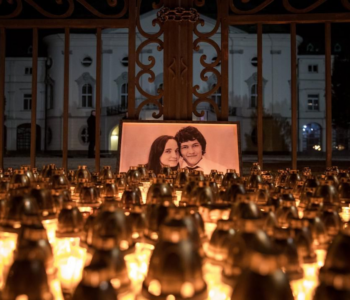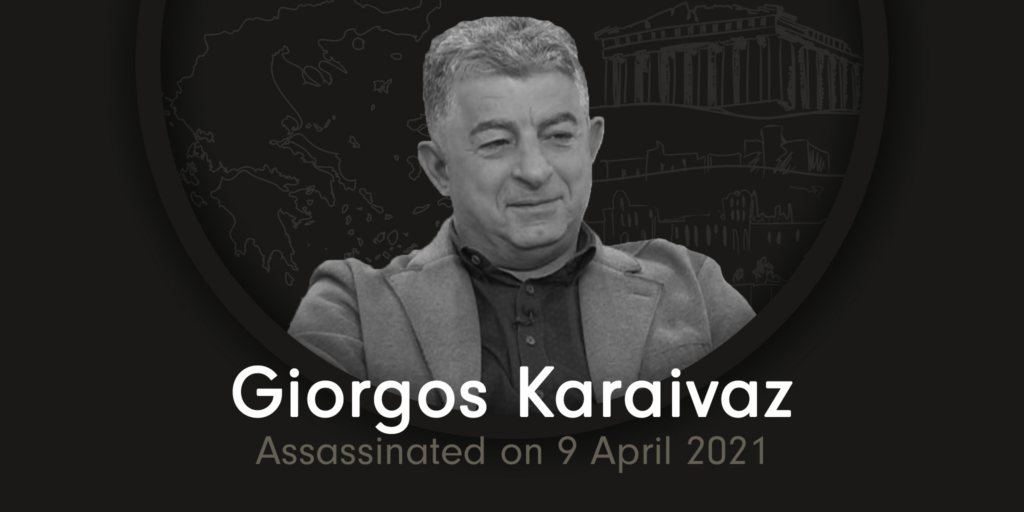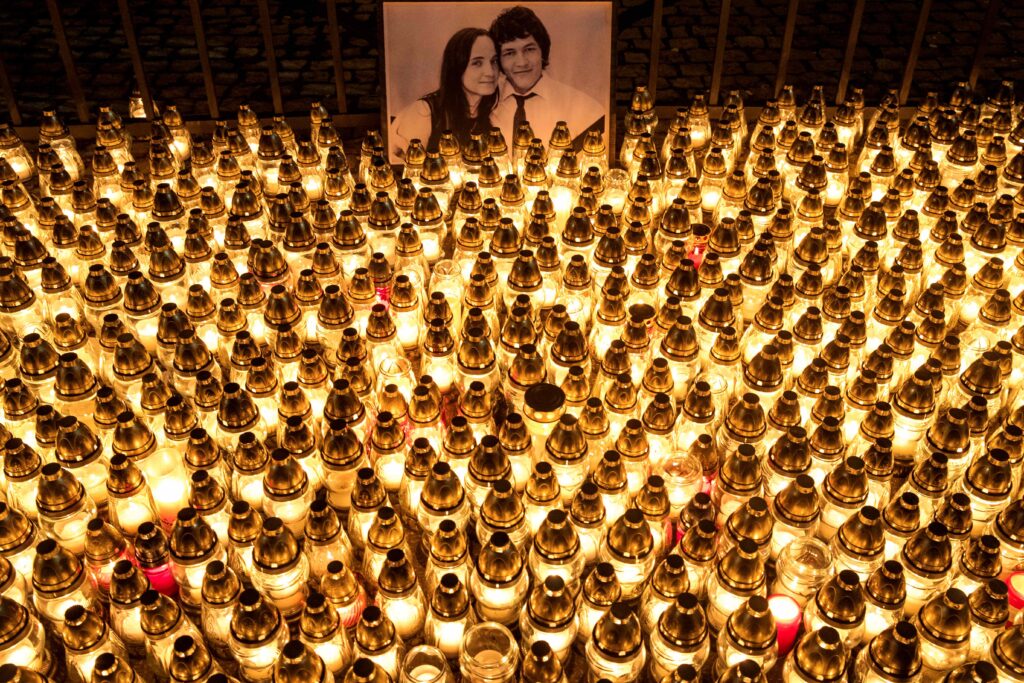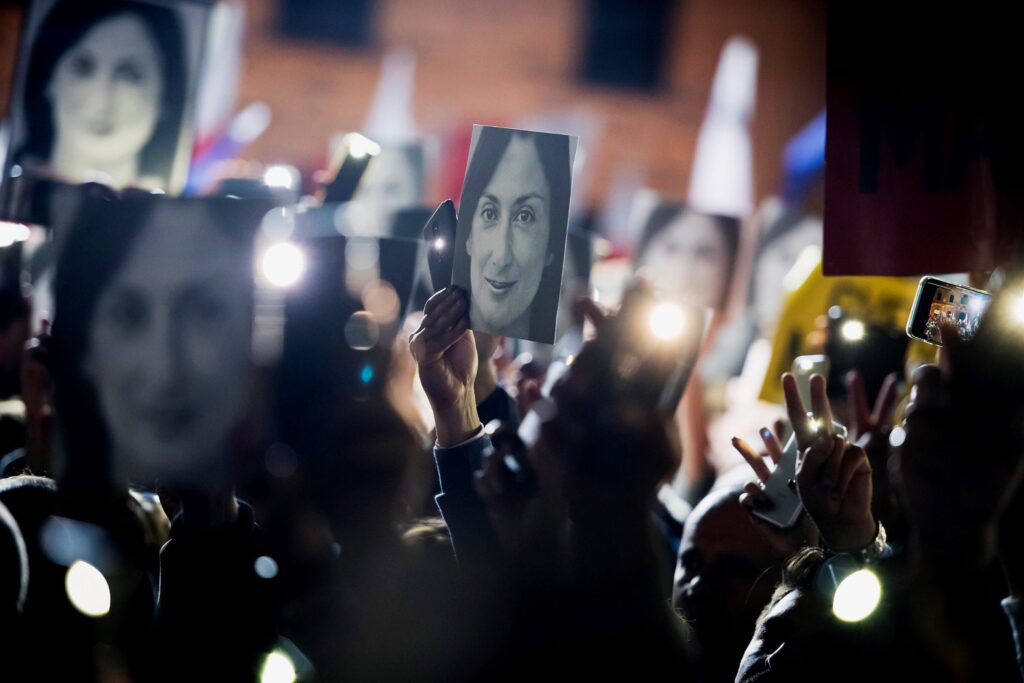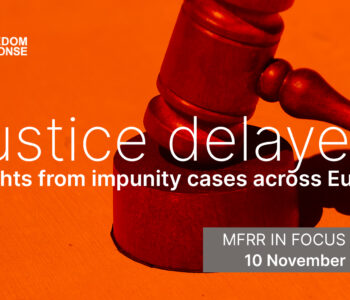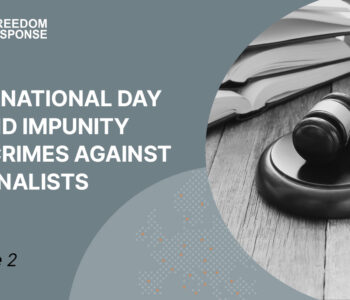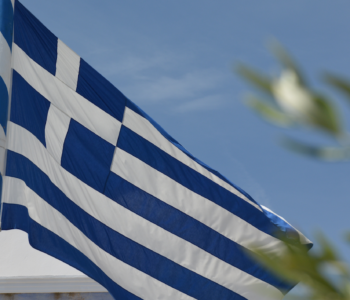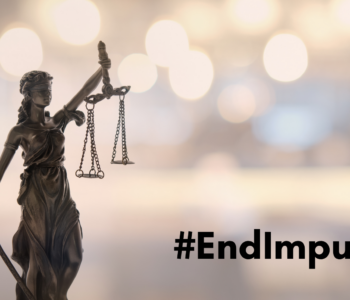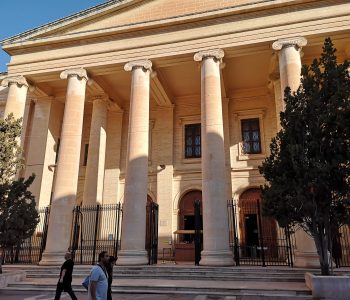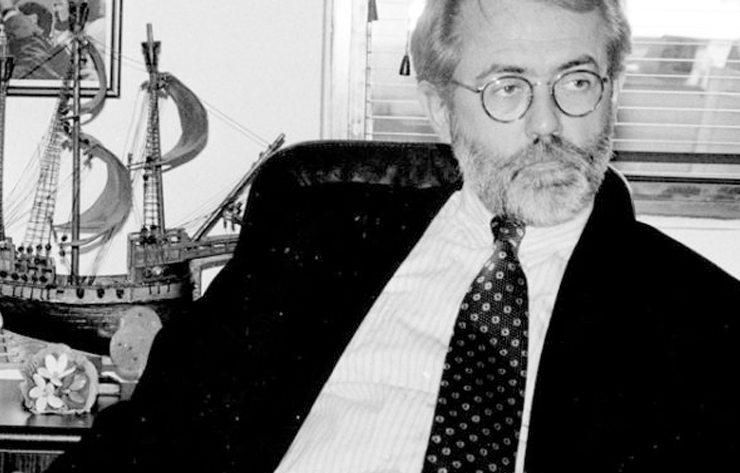 Library
Library
Solidarity with the Slavko Ćuruvija Foundation in their quest…
Solidarity with the Slavko Ćuruvija Foundation in their quest for justice
Lawsuits undermine efforts to fight impunity in journalist’s murder
The Media Freedom Rapid Response (MFRR) coalition partners stand firm in solidarity with the Slavko Ćuruvija Foundation, which has unwaveringly campaigned against the continued impunity for the 1999 murder of Serbian journalist Slavko Ćuruvija. New legal action brought by two of the individuals acquitted of Ćuruvija’s murder now threatens to undermine the foundation’s campaign for justice.
For over a decade, the Foundation has sought justice for Ćuruvija, an esteemed editor and publisher who was shot in front of his home in Belgrade in 1999. Twenty years later, four former state security officers were sentenced to a combined 100 years in prison for the murder. A 2021 retrial confirmed the guilty verdicts. However, in February 2024, the Belgrade Court of Appeal reversed course, acquitting the men of the murder charges – much to the shock of human rights defenders in Serbia and internationally.
The acquittal means that no one has been convicted for Ćuruvija’s murder, perpetuating a culture of failed accountability for journalists’ murders in Serbia, where other prominent cases, such as those of Milan Pantić and Dada Vujasinović, remain unresolved.
In February, the Slavko Ćuruvija Foundation published a press release in which they vigorously expressed disagreement with the verdict. Two of the four acquitted officers, Milan Radonjić and Miroslav Kurak, have since sued the Foundation, requesting damages for “violation of honour and reputation”. This legal action threatens the foundation’s work to fight impunity for the killing of journalists in Serbia and to preserve the legacy of Slavko Ćuruvija.
Our coalition unequivocally supports the foundation’s crucial mission, which must continue. We renew our call for further efforts internationally and in Serbia to combat impunity for the killing of journalists, including those of Ćuruvija, Pantić, and Vujasinović.
The press freedom situation in Serbia continues to decline, with vexatious lawsuits against the media and persistent threats to journalist safety. We pledge to continue spotlighting the pressing need for justice and accountability in Slavko Ćuruvija’s and similar cases, and ensuring that those who threaten press freedom and journalistic integrity face international scrutiny.
This statement was coordinated by the Media Freedom Rapid Response (MFRR), a Europe-wide mechanism which tracks, monitors and responds to violations of press and media freedom in EU Member States and Candidate Countries.

